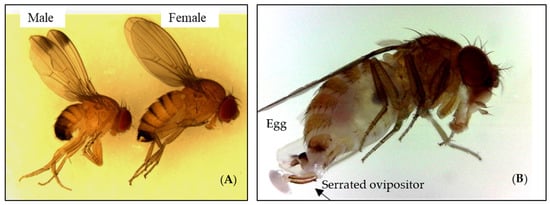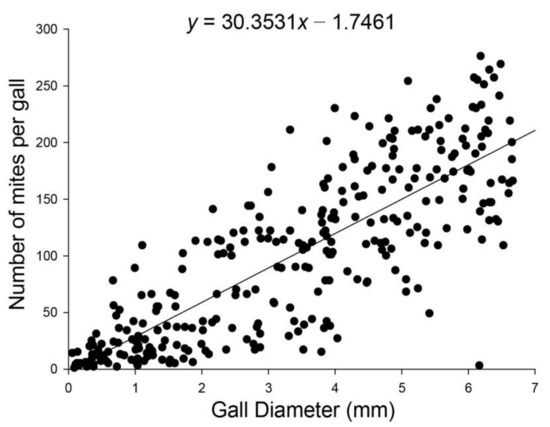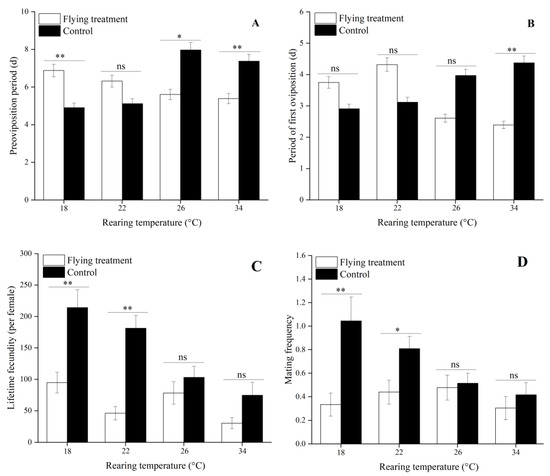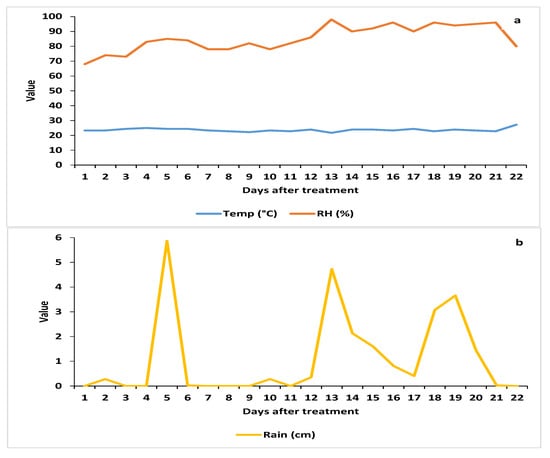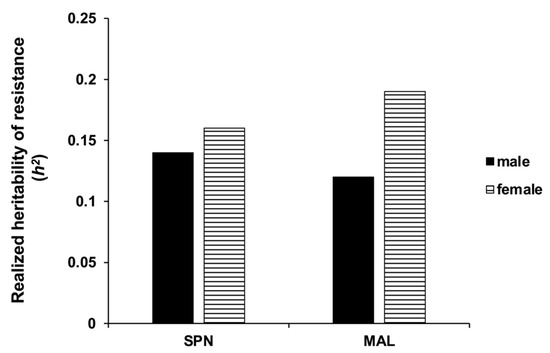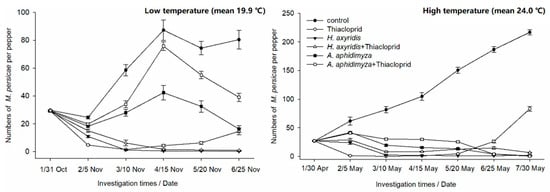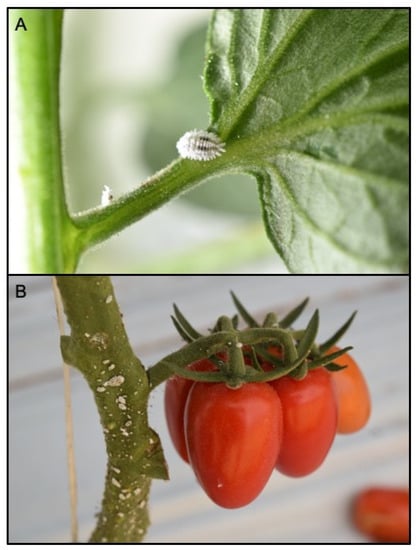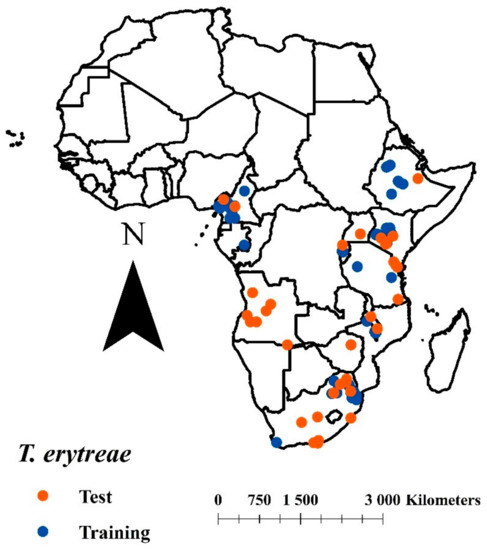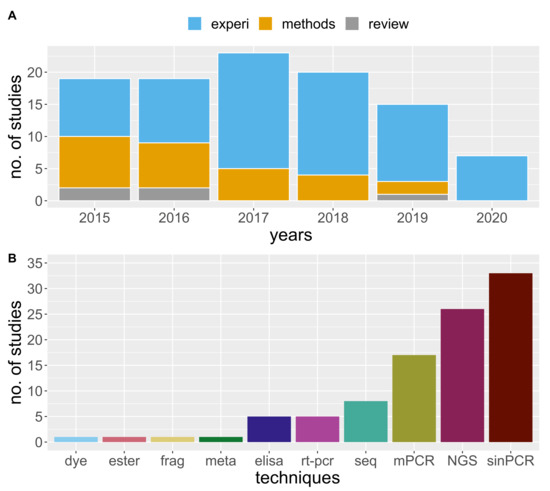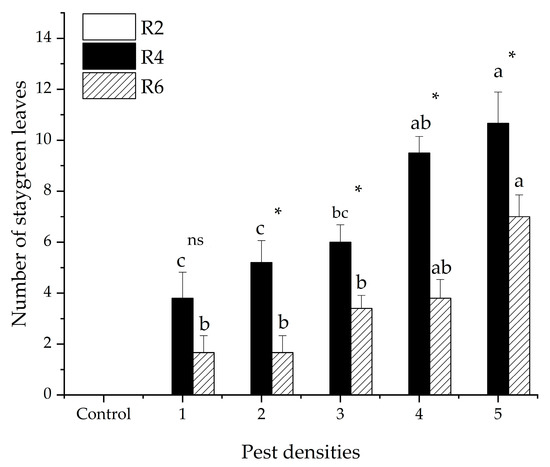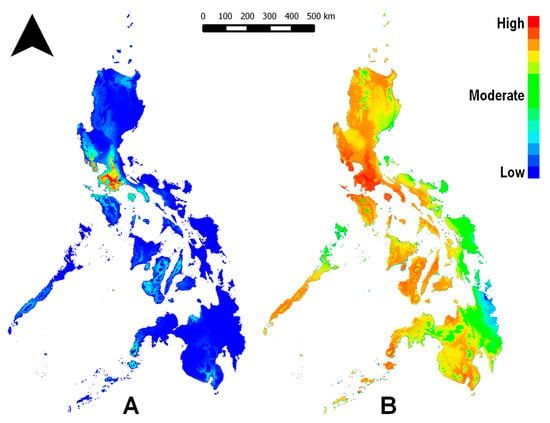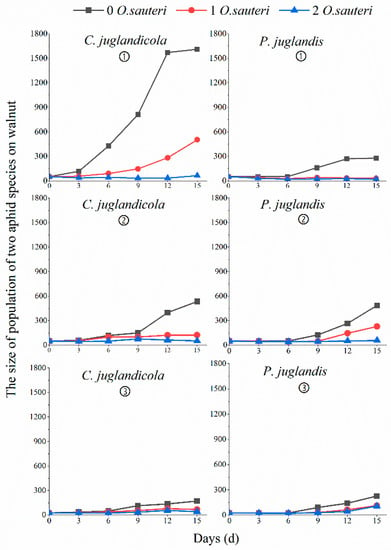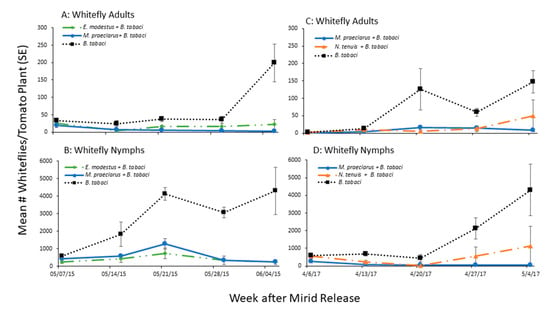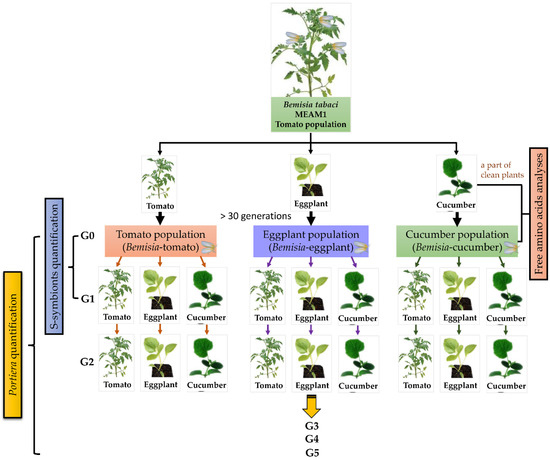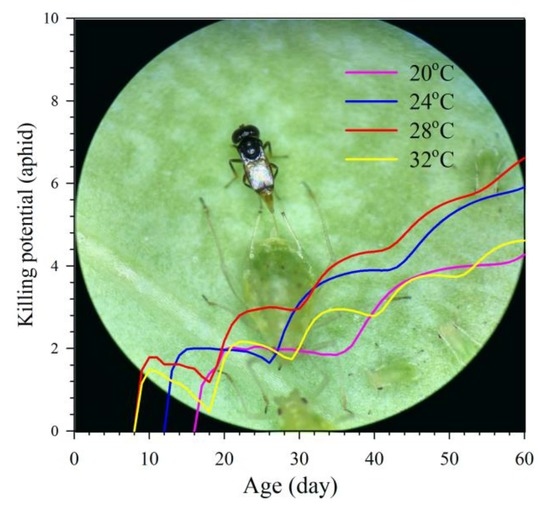Improving IPM of Specialty Crop Pests and Global Food Security
A topical collection in Insects (ISSN 2075-4450). This collection belongs to the section "Insect Pest and Vector Management".
Submission Status: Closed | Viewed by 108897Editors
Interests: integrated pest management of invasive insects pests; identification and diagnosis; biological control; insect pest modeling and predictions; insect identification; insect detection; insect monitoring and management in specialty crops
Special Issues, Collections and Topics in MDPI journals
Interests: specialty crops; small fruits; entomology; invasive species; insecticide toxicology; insecticide resistance; integrated pest management
Interests: entomology; biology; ecology; IPM; biological control
Special Issues, Collections and Topics in MDPI journals
Interests: Integrated pest management; vector insect; side effect of agrochemicals to natural enemy; epidemiology
Topical Collection Information
Dear Colleagues,
Insects, weeds, and diseases are posing ever-evolving challenges to global agriculture and food security. Indeed, due to the increasing global population, investments are being made around the world to improve and develop sound scientific approaches to sustain specialty crop production and to provide continued food security in the face of these threats. Integrated pest management (IPM) is the practice of managing invasive and established pests to minimize pest injury using methods that are safe for the environment, humans, and production systems. Globally, pest managers are committed to building upon their past successes to increase implementation of IPM in specialty crops (vegetables, fruits, and nut crops).
In recent decades, the most-commonly used method for pest management has been the direct application of agrochemicals. However, in response to environmental, economic, and other problems associated with over-reliance on synthetic chemicals, there has been an increasing drive towards the development and improvements of integrated pest management (IPM) strategies in specialty crops. Many IPM strategies are now well-developed under protected crop production settings. However, within the open fields in many situations, targeted success is yet to be achieved. This Topical Collection will include original research articles and reviews by leading research entomologists, plant pathologists, weed control specialists, and associated experts. Articles will focus on the development, improvement, and implementation of IPM strategies against serious pests (both indigenous and invasive species) in specialty crops. Articles that outline the integration of effective IPM options for a given pest species and also the appropriate use of agrochemicals within the management strategies are particularly welcome.
Dr. Muhammad HaseebDr. Ashfaq Ahmad Sial
Dr. Jawwad A. Qureshi
Dr. Youichi Kobori
Collection Editors
Manuscript Submission Information
Manuscripts should be submitted online at www.mdpi.com by registering and logging in to this website. Once you are registered, click here to go to the submission form. All submissions that pass pre-check are peer-reviewed. Accepted papers will be published continuously in the journal (as soon as accepted) and will be listed together on the collection website. Research articles, review articles as well as short communications are invited. For planned papers, a title and short abstract (about 250 words) can be sent to the Editorial Office for assessment.
Submitted manuscripts should not have been published previously, nor be under consideration for publication elsewhere (except conference proceedings papers). All manuscripts are thoroughly refereed through a single-blind peer-review process. A guide for authors and other relevant information for submission of manuscripts is available on the Instructions for Authors page. Insects is an international peer-reviewed open access monthly journal published by MDPI.
Please visit the Instructions for Authors page before submitting a manuscript. The Article Processing Charge (APC) for publication in this open access journal is 2600 CHF (Swiss Francs). Submitted papers should be well formatted and use good English. Authors may use MDPI's English editing service prior to publication or during author revisions.
Keywords
- specialty crops
- horticulture
- integrated pest management
- global population
- food security











